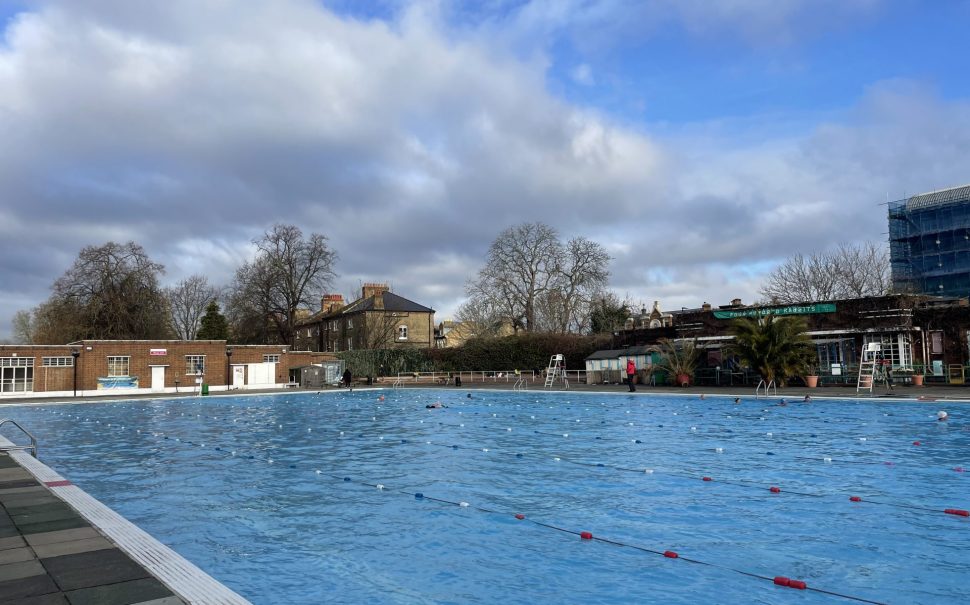The £63 million lifeline for English swimming pools outlined in Jeremy Hunt’s 2023 Budget will barely keep them afloat, campaigners say.
The new fund, which will be available for one year, was announced on Wednesday as part of the Chancellor of the Exchequer’s wider effort to mitigate what OBR has forecast as the biggest fall in living standards on record.
The allocation will be managed by Sport England, with £23 million readily available in grants to centres facing immediate cost pressures, and £40 million dedicated to making pools more energy efficient in the long term.
Yet, campaigners say this sum is barely a drop in the pond.
Public swimming pools and leisure centres have been hard-hit by the ongoing energy crisis, with hundreds shutting down in recent years due to the combined impact of the pandemic and soaring bills.
While the leisure sector has previously been granted “vulnerable” status by the UK Government and received help with payments as part of its Energy Bill Relief Scheme, it is not currently on the list of sectors to feature from April 1.
And though the new fund is welcome, “it’s absolutely not enough,” says Jennifer Huygen, Head of Policy and Strategic Partnerships at Community Leisure UK, a members’ association representing 880 pools across the country.
Up to half of Community Leisure UK’s member pools are at risk of closure or significant service reduction in the next few months due to sky-high heating bills.
Huygen says it’s difficult to give an exact estimate for how much English pools will need to stay open, but what is essential is keeping local governments sufficiently funded on top of distributing emergency grants.
“They are the key partners for public leisure, and they need to be able to invest in public leisure services and align that with health and wellbeing,” said Huygen.
“It’s not only the energy crisis at the moment, but it’s been years of underfunding of the leisure service, and that’s because local governments are not adequately resourced.”
Public pools and leisure centres are anchoring institutions – providing a space for residents to come together, as well as providing essential health and wellbeing services.
These community hubs also provide local economic benefits, often serving as early employers for young people.
Olympic gold medalist Duncan Goodhew MBE, President of charitable organisation Swimathon Foundation, raised similar concerns, calling the funding announcement an important step but not a long-term solution.
“Swimming is for everyone and the fact that so many public pools have been forced to close, or are on the brink of closure, due to rising costs is a travesty,” Goodhew said.
He added: “leisure centres and swimming pools are a vital part of the social fabric of this country and are fundamental to the mental and physical health of millions of people up and down the country.”
At Balham Leisure Centre in South West London, the proposed funding will certainly help salve the difficult period caused by the energy crisis, says general manager Steve Warren.
The centre has managed to keep its doors open so far because of the support of its local council, as well as an influx of swimmers that actually exceeded their pre-Covid numbers.
The public pool has yet to be given a timeline for the funding’s distribution, however, nor how it will be divided.
The much needed – albeit limited – funding comes just days after Prime Minister Rishi Sunak faced criticism for using so much energy to heat his private pool that the entire electricity network in his area required needed to be upgraded.
The newly installed heated pool is located at his North Yorkshire manor.





